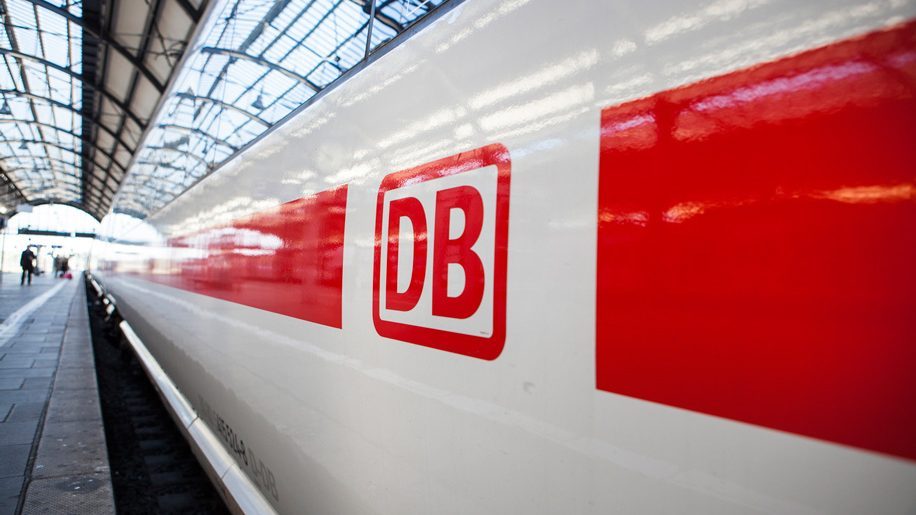
Eighteen months ago we reported that Deutsche Bahn (DB) was intending to drop some underperforming CNL (City Night Line) sleeper trains.
But that was in 2014. The current news is even more gloomy. It’s reported in the railway press that DB will axe all its overnight sleeper and couchette trains in December 2016.
DB is taking this decision in a bid to cut costs and reduce its huge deficit. Matters for DB were made worse last year by no fewer than nine separate rail strikes which drove many thousands of passengers away to competing forms of travel.
The rail operator faces intense competition from newly-deregulated bus services within Germany*. In addition it must now cope with the arrival of aggressive low-cost airlines such as Ryanair who are stealing its lucrative long-distance domestic passengers.
Although DB’s CNL trains were used by 1.3 million passengers last year, the services lost Euros 32 million and DB predicts a similar financial situation this year.
DB’s CNL trains were amongst the most modern in mainland Europe. The best trains were comprised of double-deck rolling stock offering “hotel standards” to premium fare passengers.
So what will take their place?
Full details are unavailable at present but it appears that DB will be running a number of overnight trains and buses (DB operates its own bus company) with conventional sit-up seating. But these overnight services will not suit business people like the proper CNL services.
Perhaps a more realistic option for business travellers is the fact that DB may wish to operate the sleeper trains of other foreign rail operators under contract. But even if this were to happen it would only represent a few trains rather than the multitude that exist today.
At the time of writing it appears that the Paris-Moscow sleeper train, which is funded and marketed by Russia, will be unaffected.
As we have been reporting over the years, the number of sleeper trains has been steadily declining in mainland Europe.
In fact the UK is the only European country which is prepared to invest in sleeper trains and where overnight services would appear to have a bright future.
Alex McWhirter
* You may scoff but German business travellers do use their newly deregulated bus services. One reason is that a good number link towns and cities to regional airports, another is that they comprise modern vehicles and (in DB’s case) operate from mainline stations.
Indeed, fussy Lufthansa partners with Postbus to provide passengers with feeder services at Munich airport.












